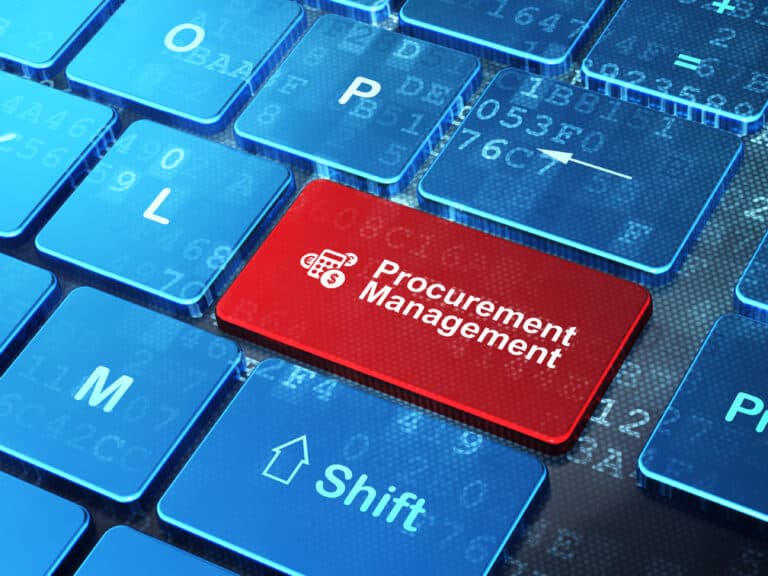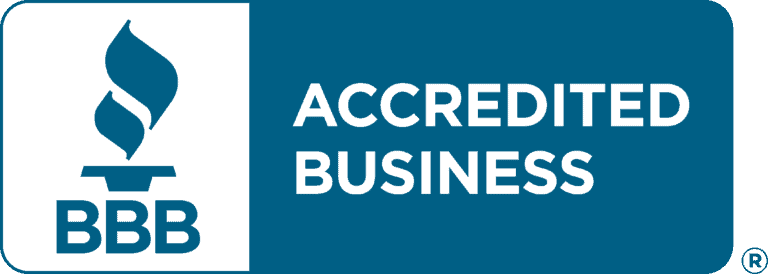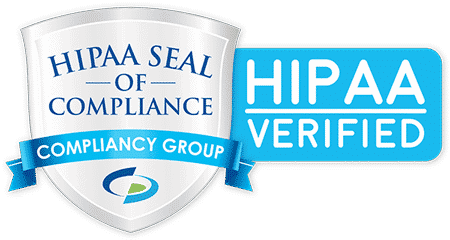Procurement, the lifeblood of businesses worldwide, has stood as a steadfast pillar in operations. Its processes have maintained a time-tested tradition for decades, resistant to several changes.
However, in today’s ever-evolving digital age, a quiet revolution for procurement is in the works. In our quest for enhanced efficiency, cost-effectiveness, and resilience in acquiring goods and services, we find ourselves at the threshold of innovation.
Expense To Profit gives business executives strategic insights to improve their business operations and bottom line. One vital approach to this is to ditch the traditional procurement method.
This article explores some of the strategic, highly effective procurement practices and how your business can benefit from them.
Let us dive right in:
Leverage E-Procurement Platforms
The world right now is practically digital. Everything you need is within a few clicks on a platform with your smartphone or computer. That also extends to procurement with different platforms.
E-procurement, or ‘smart business buying,’ is when your business can purchase products and services from online vendors. Traditional procurement is done online, connecting your business to vendors in real time.
E-procurement platforms can automate many aspects of the procurement process, from requisition to payment. This automation reduces manual tasks, eliminates paperwork, and accelerates the procurement cycle. They also help organizations cut costs in several ways. They enable better negotiation with suppliers, identify cost-saving opportunities, and reduce errors that can lead to overpayments or inefficiencies.
We wrote an article on eSourcing For Reverse Auctions. You should check it out.
Embrace P2P Marketplaces
People first think about cryptocurrency transactions when they hear peer-to-peer (P2P). However, its reach goes beyond financial transactions, as they can be used to disrupt typical procurement processes.
P2P marketplaces open the door to a vast network of potential suppliers, from small businesses to global giants. This expanded ecosystem fosters competition, leading to better pricing and more diverse product offerings. Whether you need a specific quantity of supplies delivered or services procured within a specified time, you can receive competitive bids from certified vendors within minutes.
You can quickly browse, compare, and select products or services, eliminating the need for protracted negotiations and manual paperwork. This agility is particularly valuable in fast-paced industries.
Another benefit is that P2P marketplaces provide transparency into supplier performance, product quality, and pricing. Reviews and ratings from other buyers help organizations make informed choices, reducing the risk of poor procurement decisions.
P2P marketplaces democratize procurement, making it accessible to a broader range of businesses. Small and medium-sized enterprises (SMEs) can compete on a level playing field with larger corporations, fostering economic inclusivity.
Crowdsourcing Innovation
Business execs are beginning to realize the considerable potential of connecting with other businesses through crowdsourcing platforms. Crowdsourcing opens the door to a vast and diverse pool of suppliers, startups, and global players. This diverse ecosystem enables organizations to tap into unique expertise and solutions that may not be accessible through traditional procurement channels.
Crowdsourcing platforms like Wazoku Crowd, Upwork, and Crowdcube invite fresh perspectives from a global community of problem solvers. Organizations can pose procurement challenges and tap into the collective intelligence of innovators, engineers, and subject matter experts, transcending the limitations of internal expertise.
What’s more? You can discover cost-effective alternatives and innovative solutions to their procurement needs. This can lead to significant cost savings and improved resource allocation. Crowdsourcing allows for rapid prototyping and testing of new procurement approaches or technologies. Organizations can quickly validate ideas, reducing the time it takes to implement successful innovations.
Additionally, crowdsourcing can scale to meet specific procurement needs. Whether a small-scale improvement or a large-scale transformation is required, crowdsourcing can adapt accordingly.
Analyze Spend Data
Another way you can disrupt convectional procurement processes is to leverage spending analysis tools to monitor your spending. Spend data tools enable data-driven decision-making. Instead of relying on intuition or historical practices, procurement teams can analyze spending data to make informed choices.
This means optimizing supplier selection, negotiating better contracts, and identifying cost-saving opportunities based on real-time data.
Spend data analysis introduces the ability to assess supplier performance objectively. This data-driven approach encourages accountability and helps organizations make informed decisions about supplier relationships. You can also use tools like Zapro, Happay, and Precoro to predict future demand based on historical purchasing patterns. This proactive approach to procurement enables organizations to stock inventory more efficiently, reducing carrying costs and preventing stockouts or overstock situations.
Armed with detailed spending data, your procurement team will have more substantial negotiation leverage with suppliers. They can track market prices, benchmark supplier performance, and negotiate more favorable terms. This can lead to cost reductions and improved contractual agreements.
Automate Smart Contracts
You can also use Blockchain technology to simplify your procurement processes. In traditional setups, intermediaries like banks and legal advisors are often involved in contract execution and payment processes. Smart contracts eliminate the need for intermediaries by automating these functions, reducing costs and processing times.
Intelligent contracts operate on decentralized ledgers, providing complete transparency and immutability. This ensures all parties can access the same contract terms and transaction history, reducing disputes and improving trust.
Payment terms and conditions are encoded within smart contracts, allowing for automated and instant payment upon meeting agreed-upon criteria. This eliminates delays in payment processing, benefiting both buyers and suppliers.
Additionally, automation reduces administrative costs associated with manual procurement processes. Further, smart contracts can enforce cost-saving measures, such as dynamic pricing or bulk purchase discounts.
Conclusion
As businesses adapt to the fast-paced digital age, it becomes increasingly evident that embracing these advancements is not merely an option but a strategic imperative. By harnessing the power of technology, data, and collaboration, organizations can navigate procurement’s evolving terrain, ensuring they remain agile, competitive, and well-prepared for the future.
Expense to Profit is a leading cost-reduction consultancy created to help businesses improve their profit margins while lowering expenses. We can improve your bottom line with proven and tested strategies tailored to your needs.
Call Today for a free consultation and expense reduction analysis.






